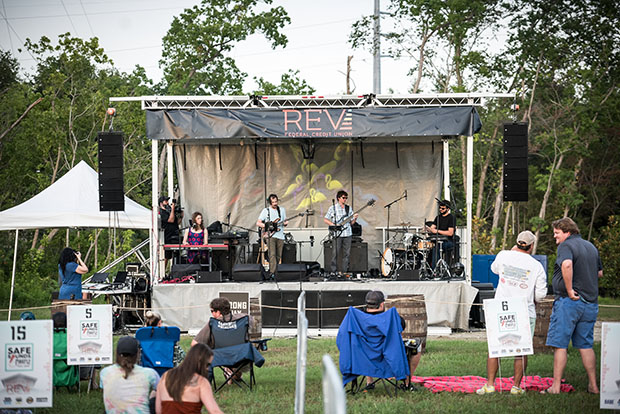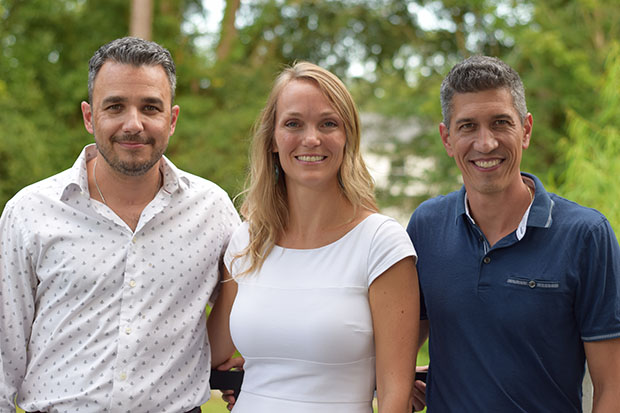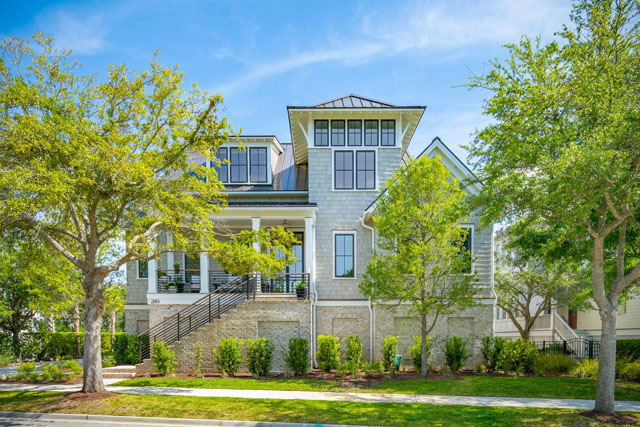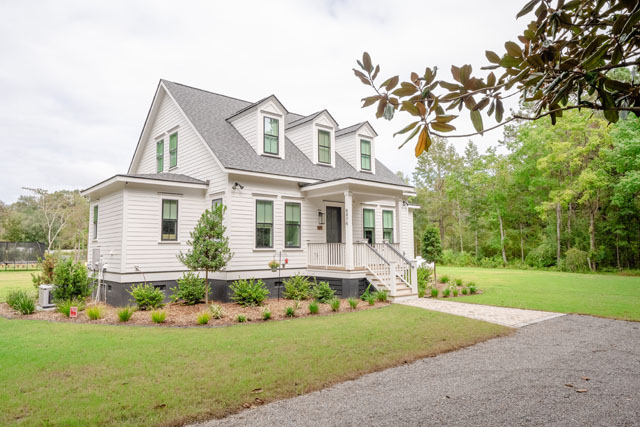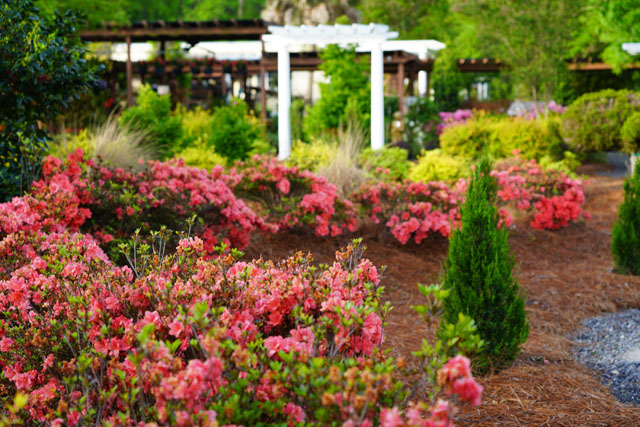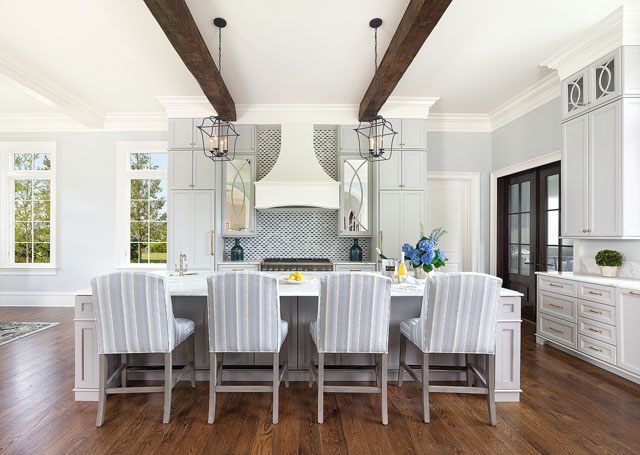Friends of a Feather
04 Sep 2020
Create a bird-friendly backyard
By Shelby Simon
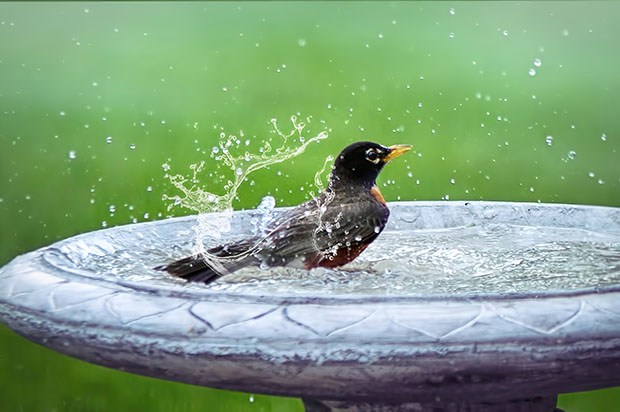
It is no secret that the Carolina coast is brimming with beautiful birds. Now that many of us are spending more time at home, it’s a perfect time to welcome these frequent flyers into our backyards and encourage them to stay.
Both beginners and advanced birders can find joy in bird feeding and attract different species to their yards with simple additions..
A huge influx of new and first-time bird feeding families have emerged since quarantine began, according to Christina Fifer at Wild Birds Unlimited, a store specializing in bird feeding and nature products.
Christina Fifer, owners at Wild Birds Unlimited in Charleston and Summerville, says people working from home are finding joy in bird feeding, providing a sense of calm and ease as they adjust to their new lifestyle. They can also add science education to children.
By providing food, water, shelter and habitat, Fifer says humans can make a huge impact on helping local species thrive and complete successful broods through nesting seasons.
The top three nesting birds in the Lowcountry are the Carolina Chickadee, Carolina Wren and Eastern Bluebirds, but with the right attractions, birders may also see the American goldfinch, purple finches, woodpeckers, pine siskins, song sparrows, cardinals, blue jays and more.
Getting started with a bird-friendly yard doesn’t have to break the bank.
But when it comes to bird feed, Fifer presses the importance of checking the ingredients to ensure you get what you pay for.
Seeds that birds will eat and that are beneficial to the birds are black oil sunflower, striped oil sunflower, peanuts, tree nuts, millet and safflower.
Suet is also a great option, but it melts in the Charleston climate, so make sure to look for No-Melt Suet options.
Squirrels and other rodents can become unwelcome snipers of bird feed, but hot pepper foods can keep squirrels out of feeders. Fifer said that by adding red pepper or chili oil to the feed, it becomes a natural and safe deterrent. Safflower is another option that is bitter to squirrels
Squirrel-proof bird feeders can keep them away, but not all are created equal. Try weight-sensitive feeders that can keep squirrels away and are designed for maximum bird viewing.
Additionally, water is just as—if not more important—than food.
Providing water to birds can be as easy as filling a fresh water feeder or birdbath.
“Moving water is easy to spot when flying over,” says Fifer. Some birdbaths have bubblers which attract more birds to the water source.
To keep nesting birds returning year after year, provide areas for shelter. While lawns may be beautiful, so are native blooming trees, shrubs and flowers.
Nest boxes are an excellent way to provide safe shelter, but contrary to what might be expected, Fifer recommends against installing nest boxes on trees to keep nesting birds and their eggs safe from snakes and raccoons.
A nest box pole that augers in the ground offers easy installation. Wild Birds Unlimited’s most popular option offers an internal plexiglass window to observe the nesting cycle without fear of the birds falling out or fledgling early.
According to a recent study by Cornell Lab of Ornithology and other research institutions, North America’s bird population has decreased by more than 2.9 billion over the past 50 years — a net loss of 29 percent of the breeding bird population.
“Birds need our help,” says Fifer, who encourages passionate birders to certify their backyard habitat with the National Wildlife Federation. “The more yards that are certified, the more we can promise the birds and pollinators a bright healthy future.”

